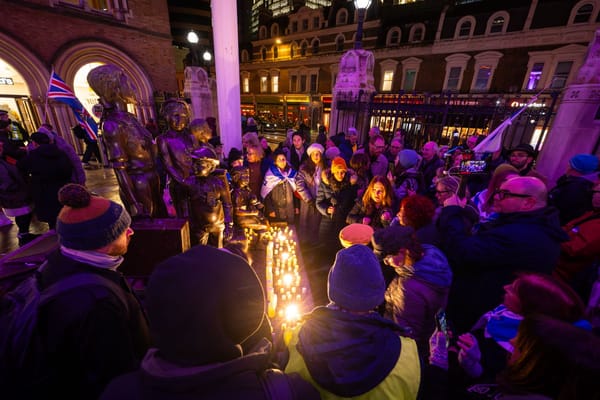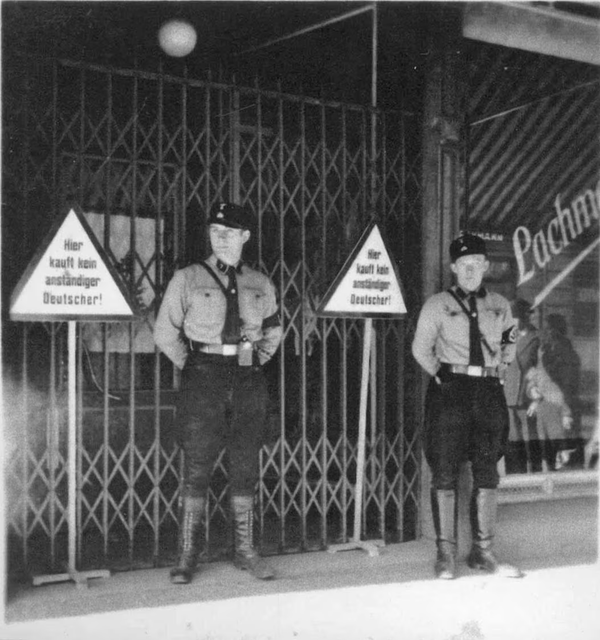A Responsibility to Defend | Solidarity Trip 2025 Testimony
Brid Hehir describes the strong sense of duty she saw amongst the young IDF soldiers, and the sense of gratitude to them from most Israeli citizens.
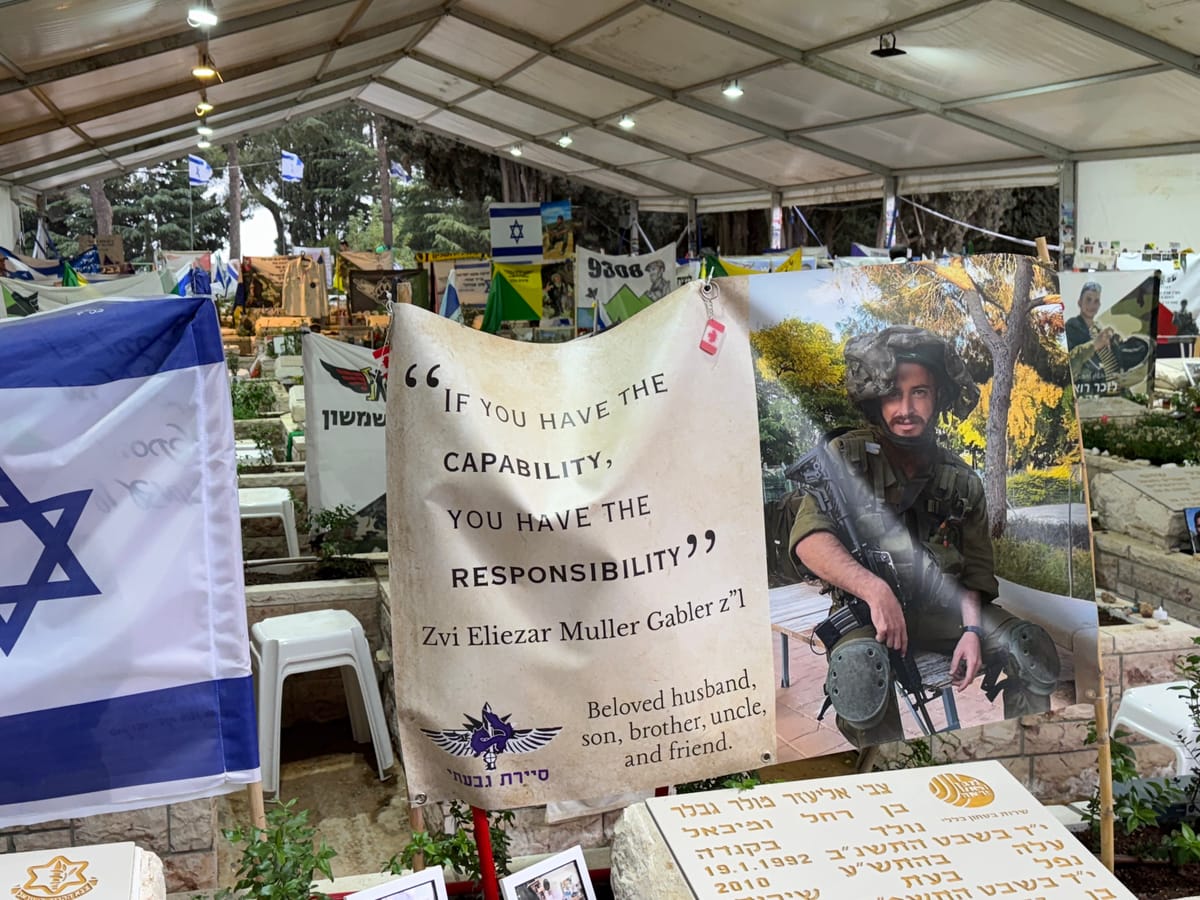
What is it about Israel that provokes such hatred and condemnation? This question was uppermost in my mind as I embarked on our solidarity trip.
Hamas had demonstrated on October 7th the loathing and inhumanity it possesses for Israeli people and want to see wiped from the face of the earth. Israel is understandably fighting back and I support that. I hoped as we toured, that as an Irish citizen I’d not be met with the hostility being meted out to Israel by my country of birth. I experienced the exact opposite.
On exiting the airport we were faced with images of the hostages and wherever we went were placards, banners and yellow ribbons adorning squares and sidewalks, providing constant visual reminders of the pogrom.
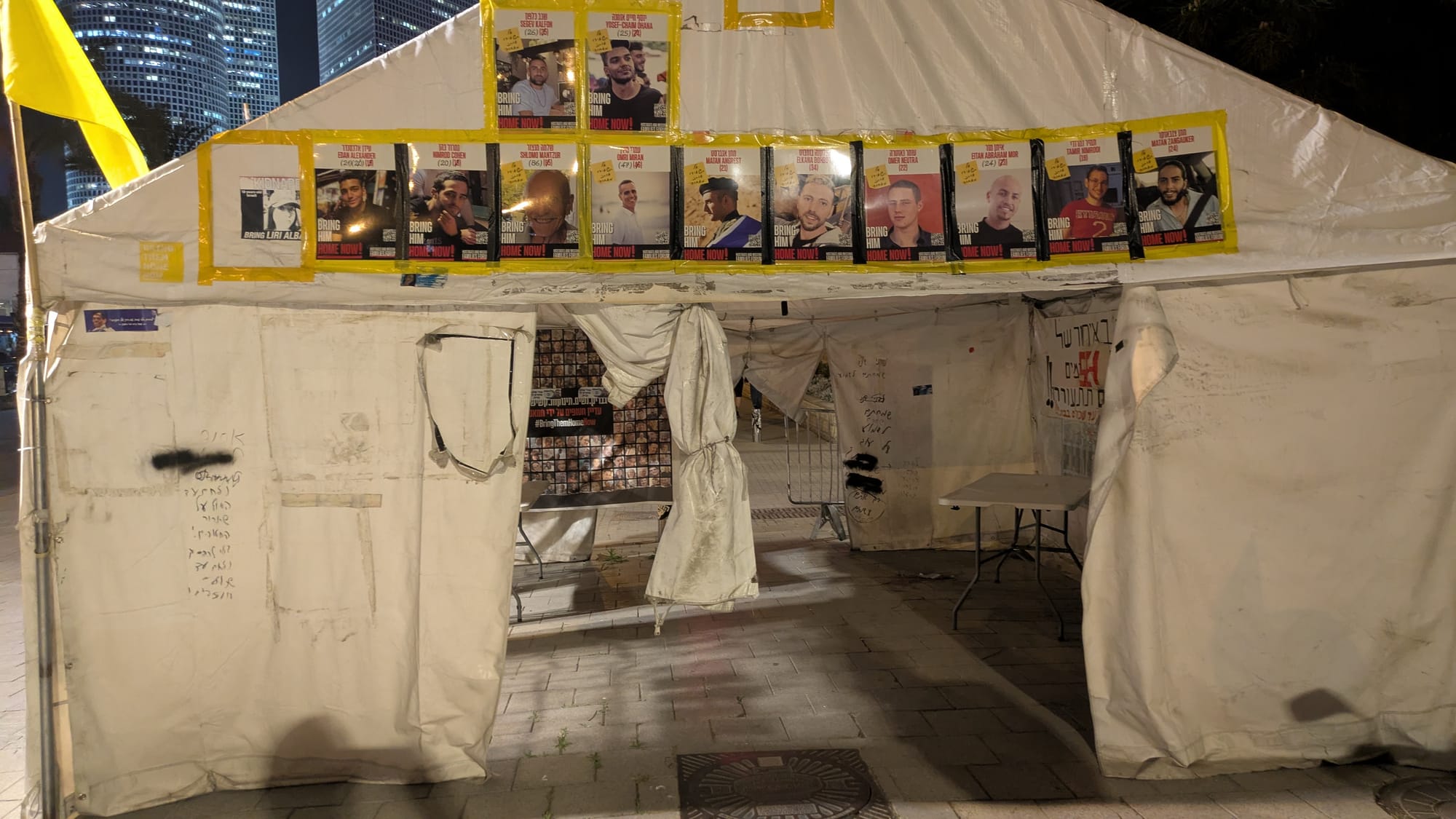
Many of the discussions we engaged in illustrated why there was no negotiating with Hamas. But we also met people who disagreed with how the Government was handling the war.
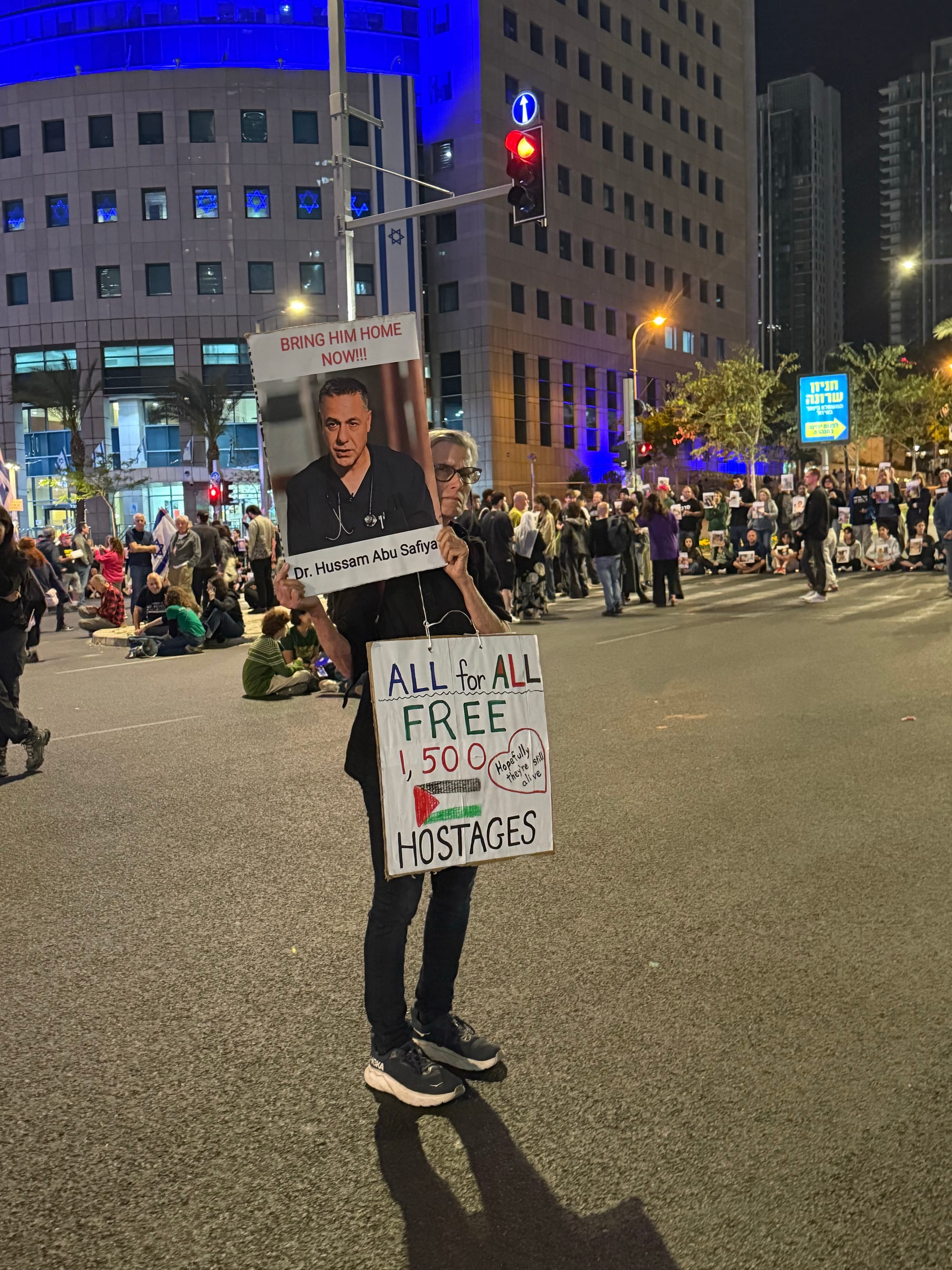
An aspect that struck me as we met people and attended commemorations, protests and celebrations was the value placed on and respect that exists for Israel’s Defence Force (IDF)–its ground, air and navy branches. We witnessed this at the ceremonies of Yom HaZikaron, the annual Memorial Day for Fallen Soldiers and Victims of Terror.
Wherever we went, people shared their stories and told of the terror they experienced; hiding with children in safe rooms, waiting to be rescued and hoping their rescuers would be real not Hamas pretending to be IDF soldiers; fleeing on foot–terrified–from the Nova festival site and eventually being rescued.
We met young IDF soldiers in training. Most young people between 18 and 26 years serve in the military for two to three years. Women make up 33% of soldiers who join and comprise 51% of its currently serving officers.
But in Israel, having to join the army doesn’t have the same connotations that it does in Britain or Ireland. Israelis accept that their country’s defence is the responsibility of all, which means that young people expect to play their part in helping achieve this. They understand why Israeli values–family, religion and country–are worth defending.
I was particularly impressed by the maturity of a young female soldier who showed us around the National Memorial Hall for Fallen Soldiers at Yad Vashem, which memorialised anyone who had died defending Israel since its foundation in 1948.
We were also able to visit the military cemetery on Mount Herzl where graves of the recently dead were tended. By January 2025, 891 IDF personnel had fallen since the October 7 pogrom, mostly in combat.
The IDF has also seen approx 6,000 soldiers wounded since the 7 October attack, with 815 seriously injured. Their ability to rush medical aid to the front, and the adoption of new procedures and technology that quickly deliver blood and plasma to wounded personnel, has saved many lives.
As they conveyed to us the commitment that Israel has in honouring these soldiers, they must have been aware that their names could soon be added to the list. The IDF fights on seven fronts—Iran, Hamas in Gaza, Hezbollah in Lebanon, the Houthis in Yemen, Shia militants in Iraq, militant groups in Syria, and Palestinian fighters in Judea and Samaria. Brilliant as Israel’s Iron Dome missile defence system is, it’s not foolproof!
The IDF’s work is to fight for the continued existence of the Israeli state. Despite knowing it is high risk they believe Israel is worth defending in order ‘to be a free people in their land’. And, as Douglas Murray writes in On Democracy and Death Cults, they have had a glimpse of what annihilation looks like.
In turn, Israelis are very conscious of the moral debt they owe to the IDF and to those who have re-enlisted and volunteered in droves since October 7th–to help maintain the only democratic state in the Middle East. As the ground offensive increases, soldiers are expected to serve more tours of duty and more reservists are being called up. They will value public support and our solidarity.

